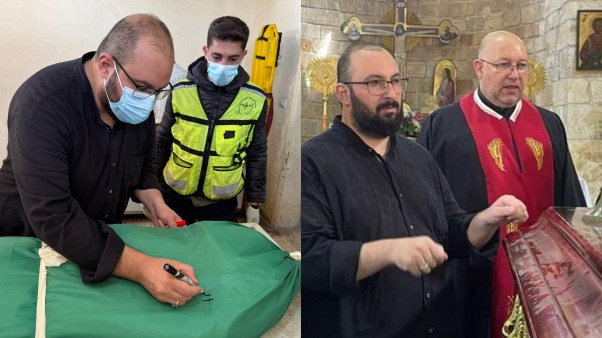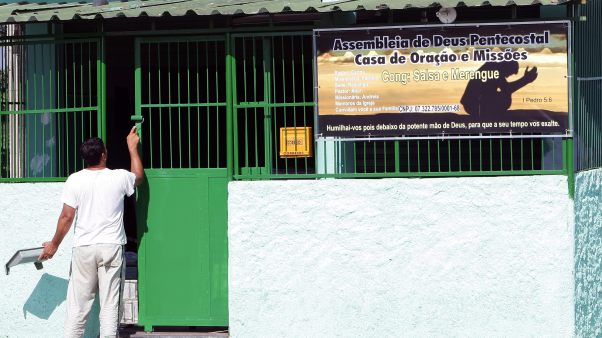Every church has a “culture” for resolving conflict. Culture is simply the combination of traditions, attitudes, behaviors, and habits that shape the way we respond to different situations, including conflict.
Few churches deliberately develop their conflict resolution culture. Instead, they inherit it without question from previous generations, not realizing how polluted it is by worldly values and customs.
For example, in “escape” cultures, people often seek uniformity in place of true unity, frequently hiding conflict beneath a veneer of civility or “respecting people’s privacy.” Such churches also tend to quickly give up on difficult relationships, urging troublesome people to seek a new church home.
In “attack” cultures, people are ready to fight at the drop of a hat. They are adept at undermining opponents through backbiting or by outmaneuvering them at congrega-tional meetings. Instead of seeing a 51% vote as a call for further prayer and humble dialogue, they rejoice over the slim majority as a badge of victory.
Four Building Blocks of a Culture of Peace
The best way to break free from these destructive cultures is to deliberately pursue a “culture of peace,” where every member in the church is inspired, equipped, and assisted to live out the gospel in the conflicts of daily life. In order to develop such a culture, leaders need to deliberately cultivate four key building blocks.
Passion for the gospel. Leaders weave the gospel into their preaching, teaching, and lifestyle in such a way that members see conflict as an opportunity to imitate Jesus and display the transforming and reconciling power of the gospel in their lives.
Pastoral leadership. Leaders earnestly embrace the rich biblical metaphor of a shepherd. As a result, they are willing to engage conflicted members, courageously address difficult issues, and rejoice with the church family when straying saints are reconciled to God and one another.
Peacemaking theology. Instead of allowing people to respond to conflict according to what they just read in their daily devotions, leaders teach their people a solid “peace-making theology” so they can respond to conflict in principled, conciliatory, and effective ways.
Practical assistance. Leaders take steps to have a few gifted members trained as conflict coaches and mediators—providing a team of people who can step in to offer practical guidance to members who are unable to resolve conflicts on their own.
When churches deliberately cultivate these four elements, they can turn the conflicts of life into opportunities to build true unity and demonstrate the reconciling power of the gospel of Christ.








